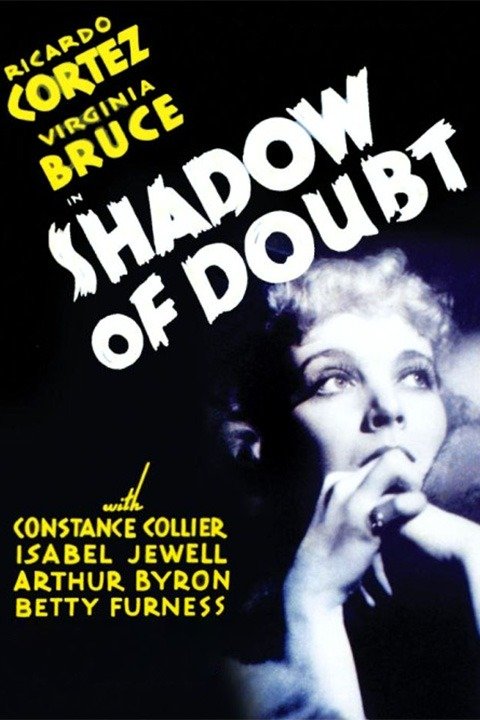

According to Lifchus “reasonable doubt” must be based on “reason and common sense”. Lifchus the Supreme Court of Canada offered some guidelines for understanding the reasonable doubt standard. Talk to an Experienced Criminal Lawyer with PROVEN RESULTS. In order to rebut the presumption of innocence, the prosecution must prove their case to the extent that a reasonable person could not have any reasonable doubt as to the guilt of the defendant. The notion of reasonable doubt is inextricably intertwined with the presumption of innocence. In our criminal justice system, every defendant is presumed innocent until proven guilty. The Supreme Court of Canada has offered a number of guidelines applicable to the concept of reasonable doubt. The term “reasonable doubt” has a specific meaning in criminal law. At minimum, it is sufficient for the defence to argue that the Crown has failed to prove their case beyond a reasonable doubt. It is not up to the defendant or his or her criminal defence lawyer to prove the defendant’s innocence. If the Crown fails to prove its case beyond a reasonable doubt, the judge/jury must acquit the defendant. This means that the Crown must prove that the defendant is guilty beyond a reasonable doubt. This means that the judge or jury must be satisfied beyond a reasonable doubt that the defendant is guilty. The standard of proof in a Canadian criminal trial is proof beyond a reasonable doubt.


 0 kommentar(er)
0 kommentar(er)
